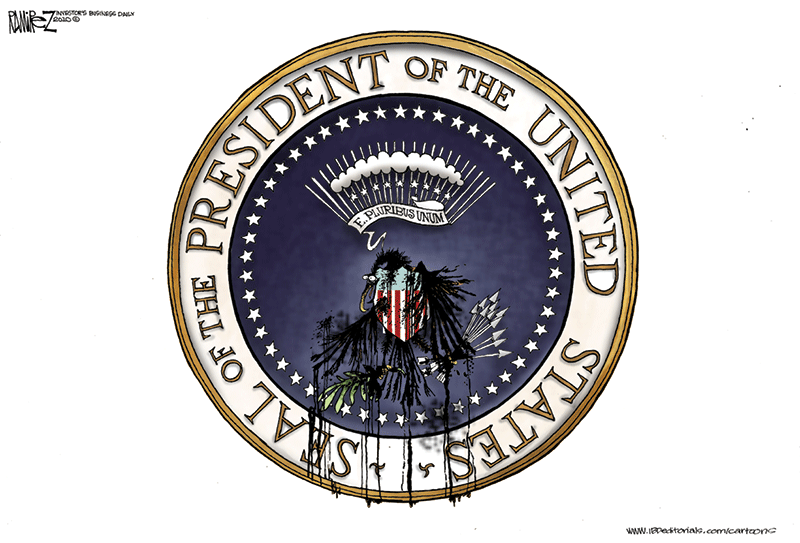Since the Deepwater Horizon disaster how many pictures of oily pelicans struggling and dead porpoises have you seen on TV? Probably a whole lot. It is sad and heart-rending and misses the whole issue.
Tom Gresham on his weekly radio show, GunTalk, gave an impassioned explanation of why it is the marshes and other habitat that is the critical issue and not the pelicans. (starts at about the 23 minute mark) Tom’s dad, the late Grits Gresham, did his masters degree in wildlife conservation at LSU. His thesis topic was on the marshes of Louisiana. Later Tom assisted Grits on article decrying the destruction of the marshes in Louisiana and the impact it would have on wildlife as well as the human population. Remember Katrina?
Today’s Outdoor Wire had an interview with Dr. Bob Shipp of the University of South Alabama who also serves as Chairman of the Gulf of Mexico Fishery Management Council.
He makes many of the same points about the importance of habitat and the marshes that Tom did.
“The thing that’s scary is the habitat. If you destroy the habitat, then they won’t be able to snap back. That’s what we’re worried about over the long term – destruction of habitat. If we lose a year class of snapper, it’s bad, but next year we’ll have another year class. The same is true for blue crabs and mahi mahi. If the sargassum or grass beds or oyster reefs are destroyed, then we have a really, really bad long-term problem.
Shipp thinks the focus now is to do whatever we can to save the habitat and not worry too much about what’s going on with individual species.
Shipp then speculates on what will happen if the spill isn’t stopped quickly.
“Let’s say they don’t get control of this until August,” he said. “I suspect almost all the Gulf will be closed to fishing. I think most of the estuaries and inshore waters will be closed to fishing. I don’t know about Texas, but I suspect they will catch it. The (Florida) Keys will catch it. They’re already talking about the Tortugas being closed. Then some of it will go up the East Coast. So if it’s not closed until August, there’s going to be no fishing this year.
“And that’s just the beginning, because it’s going to destroy a tremendous amount of habitat. It will take years to recover is this leak isn’t stopped in the next week or so.”
Shipp expects the impact of the spill will show up initially in the marshes, oyster reefs, grass beds and sargassum.
“I think the offshore reefs won’t be impacted as much early on,” he said. “The hard-bottom stuff won’t be impacted as quickly. That will be OK for a longer period of time. The impact there will be the species themselves – the juveniles, the larvae during the spawning season. But that habitat will be the least damaged and quickest to restore compared to the vegetative-type habitat.
“With grass beds, if the blades die and roots stay alive, they can come back fairly quickly. But if the roots die, it takes a long, long time for the grass beds to come back. It’s similar to the marsh. The one positive about the marsh, is it’s very, very deep. Even if you lose the outside part of it, the inside may be OK.”
Shipp said major complications would occur if a tropical storm or hurricane churns into the Gulf and makes landfall in any of the areas affected by the spill.
“If it overcovers the marshes and beaches, it’s going to be a major problem,” he said. “The oil could go way back up into the marshes or even up into freshwater habitat. If you get a funnel of bad water going up Mobile Bay or Pensacola Bay, suddenly we’re talking about freshwater habitat being impacted.
“It’s just so complex. There are so many variables. None of the outcomes appear to be particularly good.”
And so while all of this is going on, President Obama is threatening to kick asses, blaming George Bush, having three major parties at the White House, and still hasn’t called Tony Hayward, CEO of BP.

